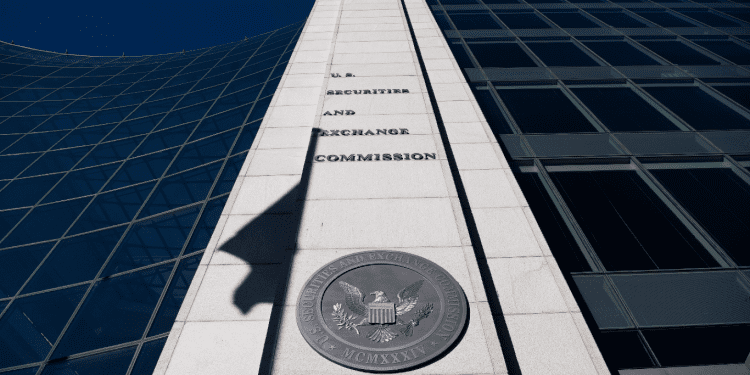The SEC levied a roughly $4 million penalty against Coinme for selling unregistered securities and making misleading statements about its UpToken ICO.
- The Securities and Exchange Commission (SEC) fined Coinme $4 million for alleged violations of the Securities Exchange Act involving using UpToken (UP), a cryptocurrency token.
- The SEC has filed complaints against Coinme, Up Global SEZC, its subsidiary, and CEO Neil Bergquist.
Background
For selling unregistered securities and making “misleading statements” regarding its UpToken (UP) cryptocurrency, Coinme, a cryptocurrency exchange, was fined $4 million by the US Securities and Exchange Commission (SEC). The settlement included resolving the allegations against Coinme. It is a subsidiary of Up Global SEZC and its CEO Neil Bergquist. The SEC claimed in its ruling that the Initial Coin Offering (ICO) of UP by Coinme, Up Global, and Bergquist between October and December 2017 was an unregistered securities offering because it met the Howey test’s definition of an investment contract. To increase Coinme’s fleet’s number of Bitcoin ATMs, the ICO raised roughly $3.6 million.
Coinme’s UpToken ICO
The ICO was undertaken to raise money to expand Coinme’s fleet of Bitcoin ATMs, including 30 more ATMs. When using the ATMs, UP holders received advantages like reduced fees and a 1% cashback paid in UP. Coinme modified its product in January 2019 and began working with Coinstar to use its cash-counting kiosks rather than its ATMs to handle cash-to-crypto conversions. The Coinme ATM network was utterly shut down by July 2019, making the UP tokens unusable.
Penalties Imposed by the SEC
Up Global was subject to a $3.52 million fine from the SEC, which Coinme was also required to cover. Additionally, there were separate fines of $250,000 and $150,000 that both Coinme and Bergquist agreed to pay. Bergquist was also prohibited from working as an executive for a public firm for three years. A wallet called Up Global was used to receive investor monies during the ICO, and Coinme was accused of transmitting 160 BTC—worth more than $1 million at the time—to that wallet. Up Global “knowingly or recklessly” made it appear that a third party had made a sizable purchase by returning about 14.5 million UP to Coinme at a discount.
False and Misleading Statements
Additionally, the SEC claims that Bergquist and Up Global made “false and misleading statements” regarding the demand for UpToken and the sum of money raised during the initial coin offering (ICO). The regulator asserted that Coinme made efforts to acquire an UpToken supply, which would lessen its requirement to buy UpToken following the ICO for the ATM rewards program. With an undisclosed Hong Kong corporation, Bergquist agreed to a 500 Bitcoin round-trip trade of UP tokens, with Coinme borrowing the money to buy more UP at a lower price. The transaction also produced a false appearance of token demand.
Impact of the Settlement on Coinme
Since its ICO, the value of UP has dropped significantly, with its market capitalization falling to just $50,000 and its 24-hour trading volume peaking at just over $180. The SEC settlement is a significant blow to Coinme’s reputation, particularly when regulatory bodies worldwide are taking stricter action against cryptocurrency exchanges and initial coin offerings (ICOs) that violate securities laws.
Conclusion
Because of ICO fraud and other wrongdoings, the cryptocurrency industry needs more stringent regulation. This is why the SEC decided to prosecute Coinme for its UpToken ICO. Even though the purpose of the ICO was to acquire funds for the expansion of Coinme’s Bitcoin ATMs, the firm made false and misleading promises about the demand for UpToken and the amount raised. The SEC’s decision serves as a reminder to all cryptocurrency exchanges and initial coin offering (ICO) issuers to follow securities laws and regulations to avoid facing hefty fines and damage to their reputations.














